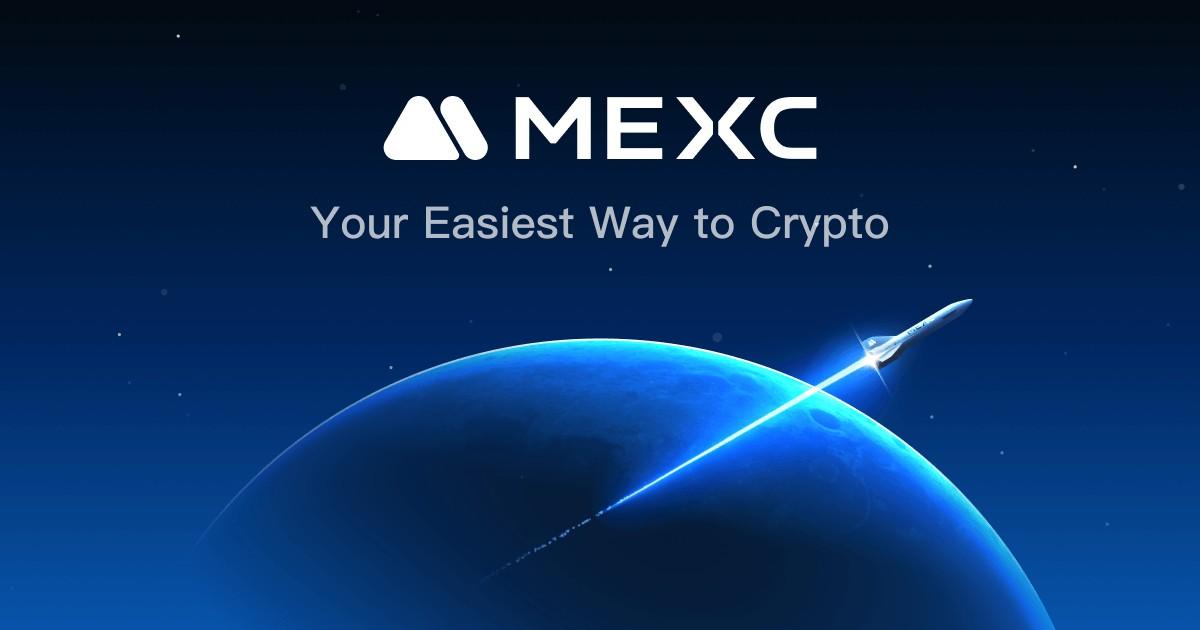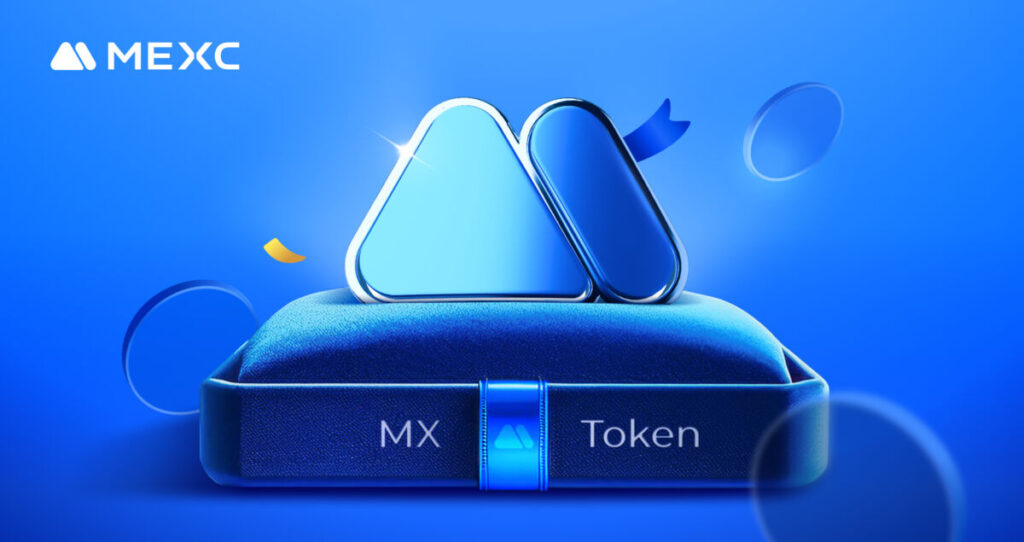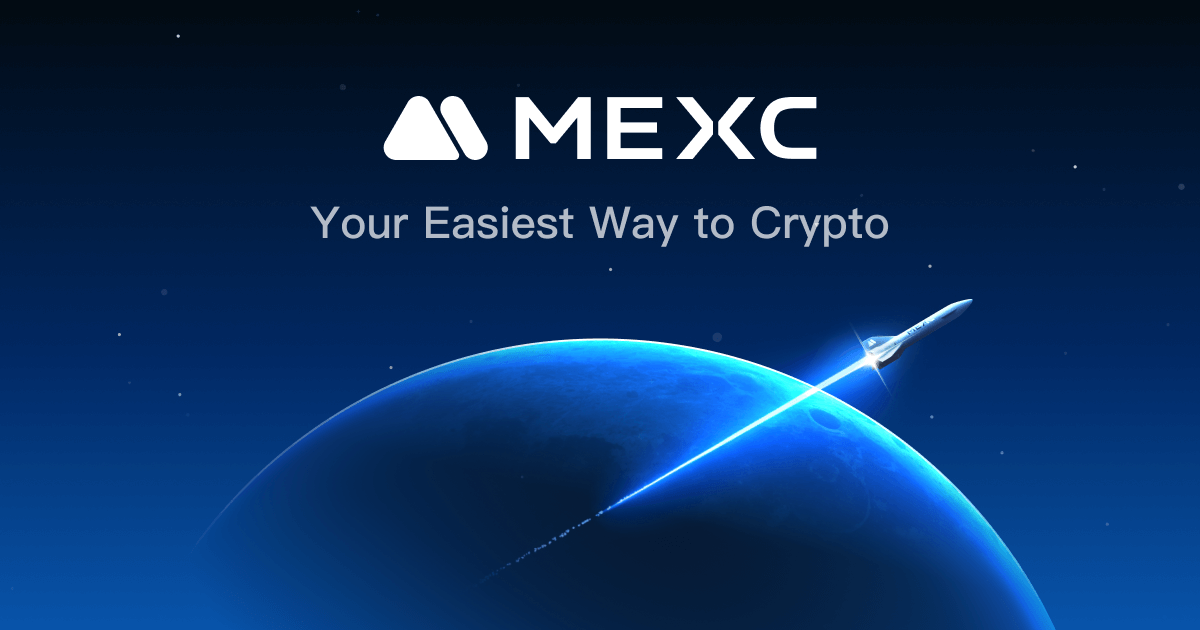
6 minute read
Is MEXC Available in Germany? What You Need to Know
from MEXC
by Exness_India
Yes, MEXC is available in Germany. German residents can access MEXC's platform, register accounts, and trade a wide range of cryptocurrencies. However, there are important regulatory and compliance aspects to consider before using the exchange.
In this article, we’ll dive into MEXC’s availability in Germany, what users need to know about using the platform legally and safely, and what alternatives exist for German crypto traders.

✅ Trade with MEXC now: Open An Account 👈
What Is MEXC?
MEXC, formerly known as MXC, is a centralized cryptocurrency exchange launched in 2018. The exchange offers a wide variety of services, including:
Spot trading
Futures trading
Margin trading
Staking
Launchpad access
Over-the-counter (OTC) trading
It supports more than 1,500 cryptocurrencies and boasts high liquidity and competitive trading fees. MEXC is popular for listing new tokens earlier than many other major exchanges.
The platform serves millions of users globally and positions itself as a one-stop trading solution, particularly attractive to both beginner and professional traders looking for access to lesser-known altcoins.
Is MEXC Legal in Germany?
MEXC is not banned in Germany, but it is not officially regulated or licensed by BaFin, the German Federal Financial Supervisory Authority.
This means:
You can legally access and use MEXC as a German resident.
However, MEXC does not operate under a German or EU financial license.
German users use the platform at their own risk, especially in terms of investor protection.
Germany has strict financial regulations when it comes to crypto exchanges. According to BaFin guidelines, any exchange offering custodial services or operating within Germany must be licensed. Since MEXC is not registered in Germany or the EU, it technically operates from outside jurisdictional boundaries.
Despite this, MEXC does not geo-block German IP addresses, and it does not prevent KYC (Know Your Customer) verification for German users.
Can You Register and Trade on MEXC from Germany?
Yes, German residents can register on MEXC and use its services.
Here’s how the process works:
Create an account using your email or phone number.
Complete KYC verification — this may involve uploading ID documents like a passport or national ID.
Deposit funds (via crypto or third-party fiat channels like Banxa or Simplex).
Start trading – spot, futures, ETFs, and more.
As of now, MEXC allows German users to access all major features, including:
Spot trading
Futures trading
Staking
Copy trading
Launchpad participation
That said, features may change based on future regulations. It’s essential to stay updated with both German financial law and MEXC’s terms of service.
Is MEXC Safe to Use in Germany?
MEXC is generally considered safe in terms of cybersecurity and platform reliability. The exchange has not suffered major hacks, and it uses standard protections such as:
Cold wallet storage
Two-factor authentication (2FA)
Anti-phishing codes
Real-time monitoring systems
However, MEXC is not regulated in Germany or the EU, which presents some risks:
No local investor protection: You’re not covered by German or EU deposit insurance schemes.
Dispute resolution is difficult: If something goes wrong, you’ll need to resolve issues with an offshore entity.
Regulatory changes: German regulators could restrict access to non-compliant platforms in the future.
If you prioritize using fully licensed exchanges, then MEXC may not meet your requirements.

✅ Trade with MEXC now: Open An Account 👈
Does MEXC Require KYC in Germany?
Yes, KYC is required for German users on MEXC, especially for higher trading limits and full access to features.
The KYC process typically includes:
Verifying your identity with a passport or national ID
Submitting a selfie or facial recognition scan
Providing proof of address (e.g., utility bill)
While MEXC allows basic use without KYC (like viewing markets or making small trades), withdrawals, fiat purchases, and access to advanced features require verified identity.
What Are the Pros and Cons of Using MEXC in Germany?
✅ Pros:
Wide range of coins: Access to over 1,500 assets, including rare altcoins.
Advanced trading tools: Spot, futures, margin, and leveraged ETFs.
Competitive fees: Low trading and withdrawal fees.
Accessible UI: Beginner-friendly interface with powerful tools for pros.
No geo-blocking: Easily accessible from Germany with no VPN needed.
❌ Cons:
Not licensed in Germany: Regulatory grey area.
No EUR trading pairs: Fiat deposits via third parties only.
Limited customer support: Often cited as slow or unresponsive.
Lack of transparency: Unclear company structure and location.
How Does MEXC Compare to Other Exchanges in Germany?
If regulation and legal safety are top priorities, you may want to compare MEXC to some BaFin-registered or EU-licensed alternatives, such as:
1. Bitpanda (Austria)
Regulated in the EU.
Offers EUR deposits, crypto cards, and full licensing compliance.
2. Binance (EU entity)
While previously facing scrutiny, Binance is working towards EU compliance via MiCA (Markets in Crypto-Assets) regulation.
Offers extensive features and strong liquidity.
3. Kraken
US-based but fully registered in many EU jurisdictions.
Highly trusted in terms of transparency and regulatory adherence.
4. Coinbase Europe
Regulated in multiple European countries.
Known for ease of use and compliance.
MEXC offers a wider selection of assets than most competitors but lacks the legal protection of EU-based platforms. For those who want to experiment with newer tokens, MEXC is attractive. For conservative investors, regulated exchanges might be a safer bet.
Tax Implications: Does MEXC Report to German Authorities?
As of 2025, Germany requires residents to declare all crypto gains on their annual tax returns. Even though MEXC doesn’t report directly to German tax authorities, you are legally obligated to report:
Profits from trading
Staking income
Airdrops
Interest from crypto lending
Tools like CoinTracking, Accointing, and Koinly can help import MEXC trades for tax purposes.
Keep in mind:
Profits held over 1 year are tax-free under current German law.
Trades held less than a year and with over €600 profit are taxable.
Non-compliance can lead to audits and fines.
In short: MEXC won’t report for you, but you must report your crypto activity.
Will MEXC Stay Available in Germany Long Term?
Currently, there’s no indication that MEXC plans to exit the German market. However, long-term access depends on:
Germany’s enforcement of EU-wide MiCA regulations
BaFin’s evolving stance on unlicensed offshore exchanges
MEXC’s willingness to pursue licensing in Europe
It’s possible that if MEXC doesn't comply with upcoming regulatory frameworks, German ISPs or financial regulators may restrict access in the future. Until then, the platform remains open and functional.
Final Verdict: Should You Use MEXC in Germany?
Yes, you can use MEXC in Germany, and many crypto users already do so. It offers high trading volume, deep altcoin markets, and innovative products that are hard to find elsewhere.
However, you should proceed with caution. The lack of local regulation means you’re taking on more risk compared to using fully licensed platforms. It’s best suited for experienced traders who understand those risks and want access to early-stage tokens or leverage tools.
For conservative investors or those focused on regulatory compliance, platforms like Bitpanda, Kraken, or Coinbase are safer alternatives.
✅ Trade with MEXC now: Open An Account 👈








